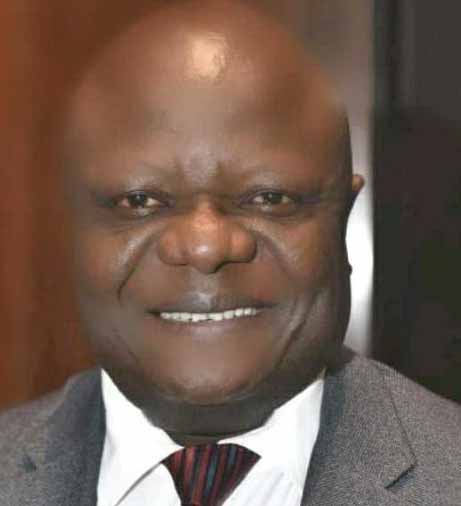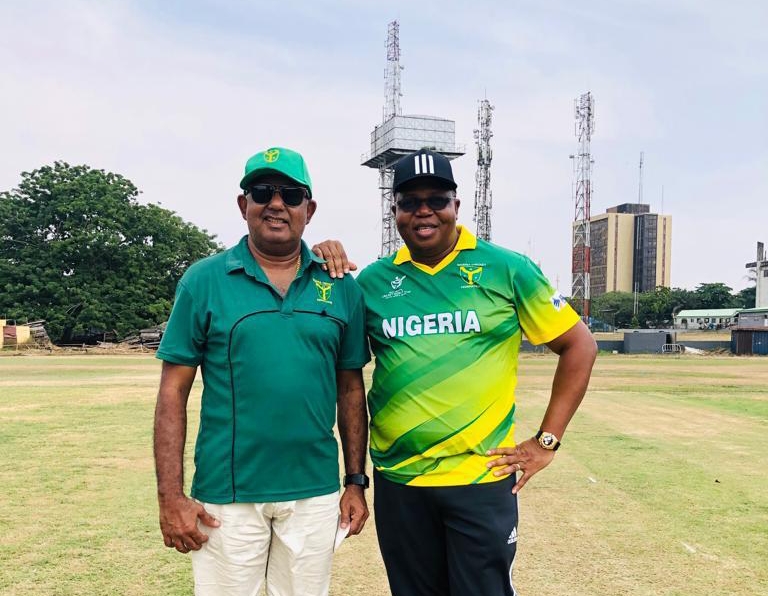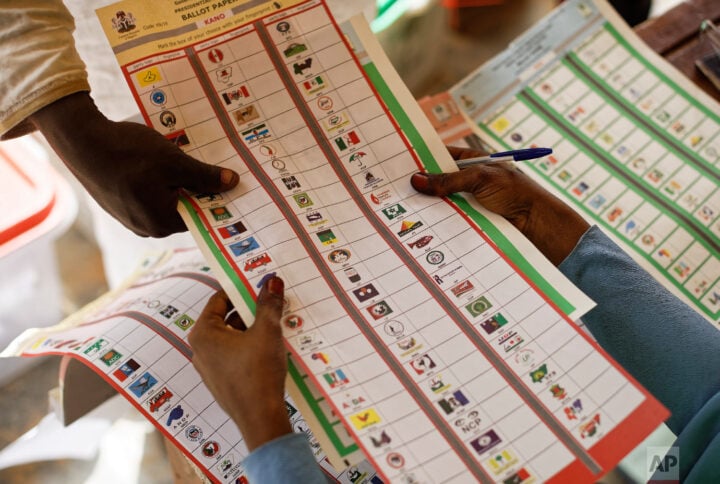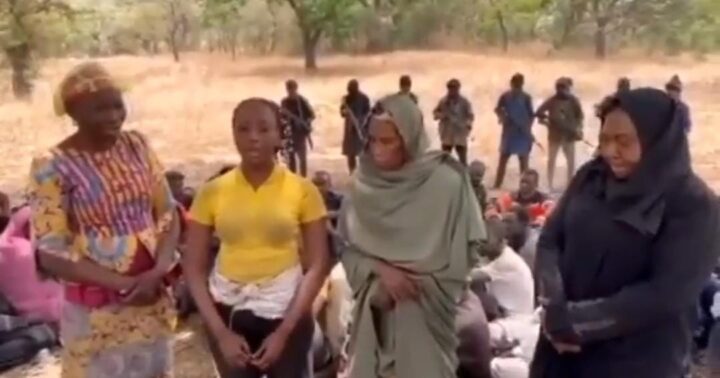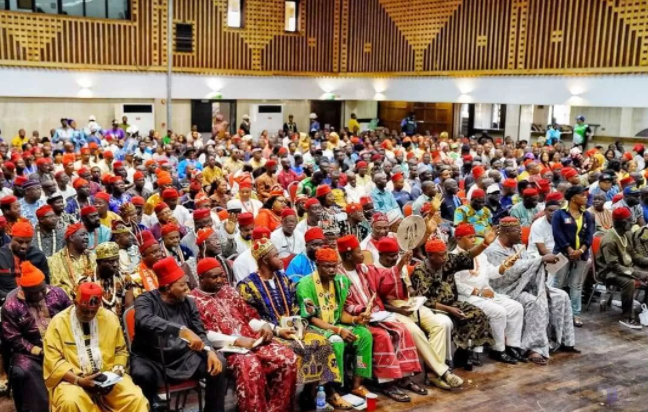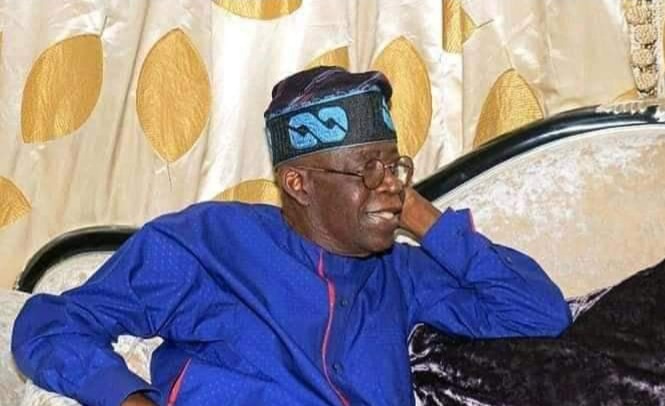World Press Freedom Day’s focus on journalism under digital siege expands the range of cordons around the journalist. It is another invitation to interrogate the obstacles to practice, the impediments to the privilege to source and disseminate information, in line with civil expectations. The expectation for information and truth towards awareness is not just constitutional, and legal, but innate. It is consistent with humanity’s desire for the new. What is new is uplifting, helpful for the psyche, and a tool for sustainability. The journalist is the route for this, for his pre-occupation with sourcing, sieving and serving of news. The professional course and the system suffer, however, when the chain is impeded or impaired.
Impairing the journalists has been age-old nevertheless, revolving around the use of brutal procedures like trials, intimidations, blackmail, detentions, imprisonments and deaths. It has been the case because of authorities loathe of truth and reason; and of the fear of discomfort by reproofs, even if correct. The continuing transformation in communication technology, now having a headstart in the redefinition of social and power relations, is coterminous in bringing about another form of threat, the digital siege, which is being examined this year.
Integral to this is the case of breeding silence, the threat of silence. While the digital siege exists, on the one hand, there is another kind of silence that can be worrisome. This silence is insidious and subterranean. It creeps in unknowingly. It affects the being, diminishes his or her worth, and limits practice ability. It beclouds vision, obfuscate principles and prevents subscription to ethics, responsibilities and standards. This is another threat that silences-it is the threat of poverty.
Poverty might be universal, and societal, but its pangs in our clime are often more, and even much more in challenging the operational ability of the journalist. It comes through the journalist’s inability to fend for himself or herself, through his poor education, the dearth of basic health care for him, the absence of facilities and utilities for optimal functioning, his incapacity to pay his rent, or afford a home, his dilapidating environment, his poor nutrition and the perennial problem of poor salary, salary delay, or even denial. Add the ceaseless threats of sacks, arbitrary sacks, and unemployment to the underemployment and you will see a full circle of the poverty siege, another siege on freedom.
For emphasis, it is trite knowing that poverty is reflected in homelessness, poor nutrition, lack of access to opportunities for a good well-being, unsafe neighborhoods, and other morbidities like asthma, heart disease, diabetes, cancer, infant mortality, hypertension, mental illness, undernutrition, and lead poisoning. It alters the state of the mind, which Carson argues prevents good thinking, enables sleeplessness and creates an elongated state of distraction. Imagine this situation and see whether the Nigerian or the African journalist has eluded them.
Advertisement
Think of the state of our economies, the mindset of employers and the multiple evidence of traumatizing media employer, and employee relationships and visualize the extent to which it soaks the practitioner in these travails. Legendary Sociologist professor, Patrick Francis, Wilmot once argued that the hungry, deprived man can hardly think. His inability to think is a foundation for the death of reason. Added to this are Karl Marx’s thoughts on the phenomenon of poverty as a danger to social progress, which is why it is often bound to trigger a crisis, even though the crisis should be one of revolution.
Remember also that the mental state is varied, comprising decision, pleasure, emotion, mood, memory, imagination, perception, belief, thought, desire, and intention, amongst others. The Yoga enthusiast, Vyasa also puts man’s state of mind in some positions, including distraction, partial distraction, dullness, and concentration. These descriptions are emotional, therefore soft, demonstrative, and intangible. Regardless, they are effective and productive in affecting the tangible elements of practice, of objectivity and professionalism, where the ability to fend for the self, through the lack of poverty can be cemented.
It is also why systems and societies have prioritised the elimination of poverty, measuring progress by how well they have done in this respect. It is why social reformists have argued for its elimination, such that the elites would not use it, either in the quest for political or economic power. If poverty strikes the journalist, how well can he function, faced with his role as a beacon, a mirror, and one who bears the barometer of performance? How well can he perform when badgered by poverty, given his calling as a social thinker, a crusader, and a missionary of change?
Advertisement
The prevalence of poverty in the journalism profession comes up with another danger. This danger is slow in approaching. It develops. It looks innocuous, seamless, but grows. Many of the men of influence and power are friends with desired information. Often, the professional relates to them in ways that goes beyond the bounds of professionalism. The relationship could become social, paternal and mentoring. The professional loses the sense of independence and ethics, and sees the source as a helper, a philanthropist and a deliverer from the pangs of poverty, the pains of want. It is a surreal, surreptitious process that ends up enveloping.
They often deploy the Nigerian and African Sociology as an explanation for this, for its stimulation of sharing, of benevolent exchanges. Biblical explanations are also used to justify this for its encouragement of giving “and it shall be given onto you” Lost in the matrix, however, is the delineation. At what point should professional bounds be respected? Where should the lines between giving that will lead to a perpetual subservience be drawn? How do we find the equilibrium between ethics, social and professional responsibility and the sociology of sharing, in addition to the spiritual injunction on help and giving?
Power wielders are condescending towards the journalist for a reason. They have a purpose for their perception of a journalist. There is a cause for viewing the journalist as the one that is expectant, always in need of help, and anticipatory. The cause is close to his problematic remuneration, that he is poorly paid, or not paid at all, and always hovering around for help. Can the fact not change if the narrative is different, if remunerations are reliable, commensurate, regular and respectable? Could this be the case if the reward system for the practitioner is satisfactory, helping him to make ends meet, and strengthening his ability to withstand temptations from the haves?
Imagine the practice in other climes, where insurance policies exist, aside from other social security plans and benefits. Think of these as safeguards for the minds and compare them with the mind that is troubled by poverty, preventing thoughts and norms, and you will have this threat-the threat of poverty, which is the other siege in reference. It is a predatory siege that eats up resolves, injures reasoning and unhelpful to professional independence. It is overwhelming, liminal, and excruciating. It is a major threat to the freedom to write, the power to report, and needs nursing.
Advertisement
But is this a general case? Not really. We have recorded few exceptions where the journalist has stood firm despite deprivation, protecting the ethics of the profession, and refusing gratification. It has resulted, in those few cases, in the production of exemplary, groundbreaking and award-winning reports. In these cases, the reporter damned all overtures, putatively life-changing ones, in a preference for nobility and dignity. This is, however, few, like the angels’ visit. It is the reason the journalist needs better working conditions, insurance cover, improved remunerations, enhanced trade conditions and a respectable retirement plan, as energies for performance, incentives for productivity and procedures to liberate the professional from the cramps of hardship, from the risk of silence, orchestrated through denials and deprivations.
Adeniyi, a professor of communication and head, Mass Communication, Baze University, Abuja, delivered these remarks at the 2022 World Press Freedom Day, organised by the United States Embassy at Lafia Luxury Hotel, April 22nd, 2022
Views expressed by contributors are strictly personal and not of TheCable.
Add a comment
